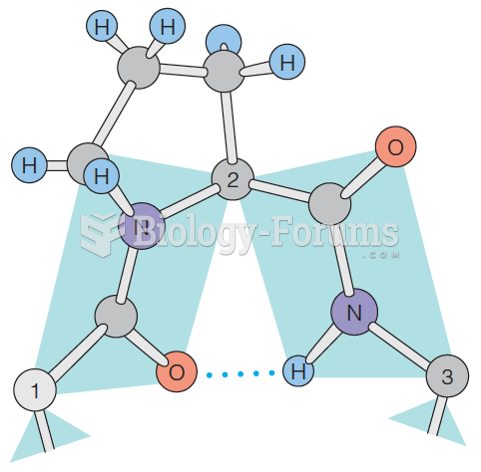|
|
|
Addicts to opiates often avoid treatment because they are afraid of withdrawal. Though unpleasant, with proper management, withdrawal is rarely fatal and passes relatively quickly.
The newest statin drug, rosuvastatin, has been called a superstatin because it appears to reduce LDL cholesterol to a greater degree than the other approved statin drugs.
Despite claims by manufacturers, the supplement known as Ginkgo biloba was shown in a study of more than 3,000 participants to be ineffective in reducing development of dementia and Alzheimer’s disease in older people.
In 1886, William Bates reported on the discovery of a substance produced by the adrenal gland that turned out to be epinephrine (adrenaline). In 1904, this drug was first artificially synthesized by Friedrich Stolz.
Hip fractures are the most serious consequences of osteoporosis. The incidence of hip fractures increases with each decade among patients in their 60s to patients in their 90s for both women and men of all populations. Men and women older than 80 years of age show the highest incidence of hip fractures.
 Most air filter housings are located on the side of the engine compartment and use flexible rubber ...
Most air filter housings are located on the side of the engine compartment and use flexible rubber ...
 Tai chi walk along straight line. From tai chi stance, shift weight to the back leg and turn the ...
Tai chi walk along straight line. From tai chi stance, shift weight to the back leg and turn the ...
 Standing at the side and facing the head, apply deep circular effleurage over shoulder area using ...
Standing at the side and facing the head, apply deep circular effleurage over shoulder area using ...




